Or, you know, the name of that song by The Chainsmokers.
I've seen so many selfies over the past (oh, I don't know) year and the phenomenon doesn't seem to be fading away in the near future. I'll admit, I too am guilty (if not then very guilty) of taking maybe one, two (okay maybe six) selfies of myself whenever I go out partying with my friends.
What can I say? There is a certain appeal to taking a selfie. There's the obvious:
They are casual.
Like. Ever.
Because when you really think about it. All you are essentially doing is holding your phone in front of your face and clicking a button.
Other researchers read the selfie as an extension of modern narcissism. According to Cornell professor of psychology, Peggy Drexler, she sensed that "selfie subjects feel as though they're starring in their own reality shows, with an inflated sense of self that allows them to believe their friends or followers are interested in seeing them lying in bed, lips pursed, in a real world headshot. It's like looking in the mirror all day long and letting others see you do it."
However, some psychologists argue that selfies can be affirming, despite sometimes being more self-involved tendencies. Again, Peggy Drexler agues in her article: "Women, whether rich and powerful . . . or otherwise, increasingly have a healthy image of themselves. That's a good thing. Girls creator Lena Dunham is a big fan of the selfie, both on social media and through her show – which shares with selfies a confessional quality. On TV, Dunham's character often appears naked or in various states of undress; in real life, her Instagram selfies aren't necessarily flattering by typical standards. They challenge the "Hollywood ideal" and that, too, is a good thing, especially when size 0 celebrities dominate so much of the modern day visual barrage. The more we see a range of body types, the better."
But first . . .
Let me take a selfie.
Psychology Today by Peggy Drexler: http://www.psychologytoday.com/blog/our-gender-ourselves/201309/what-your-selfies-say-about-you
New York Times Essay by Jenna Wortham: https://myaccount.nytimes.com/auth/login?URI=http%3A%2F%2Fbits.blogs.nytimes.com%2F2013%2F06%2F24%2Fdigital-diary-instagram-video-and-death-of-fantasy%2F&OQ=Q5fQ72Q3dQ30
The Huffington Post by Ryan Grenoble: http://www.huffingtonpost.com/2013/08/13/too-many-facebook-photos-study_n_3749053.html
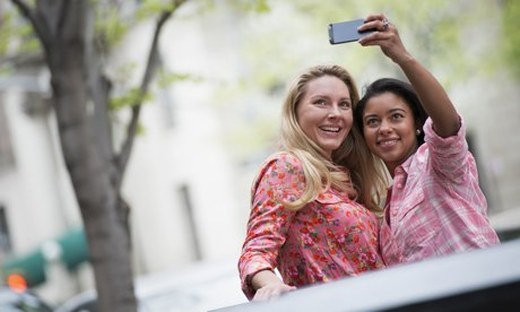
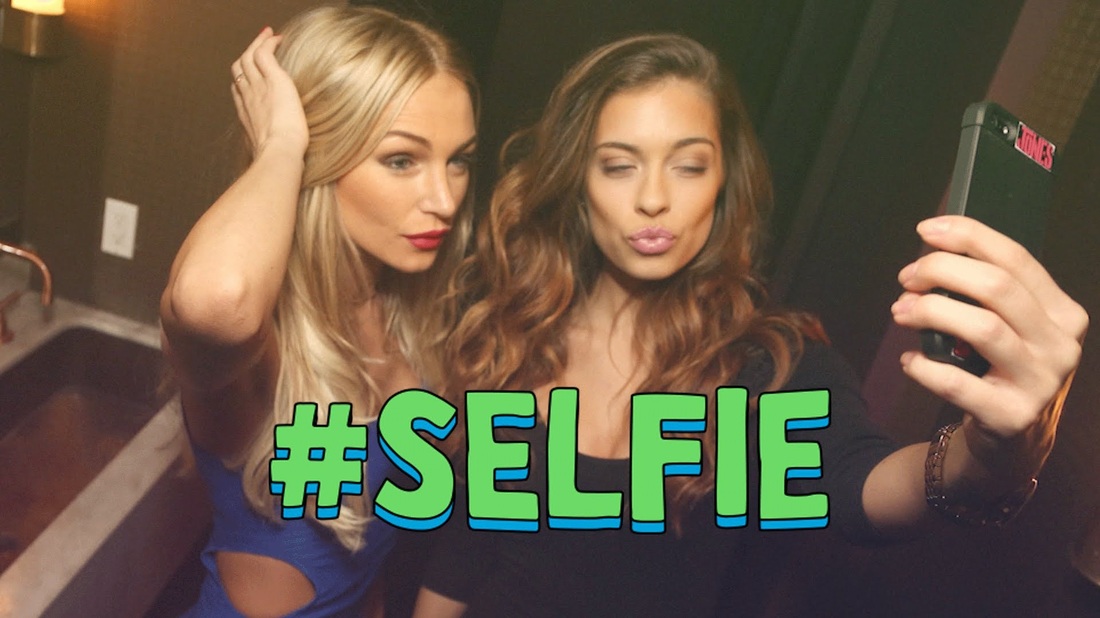

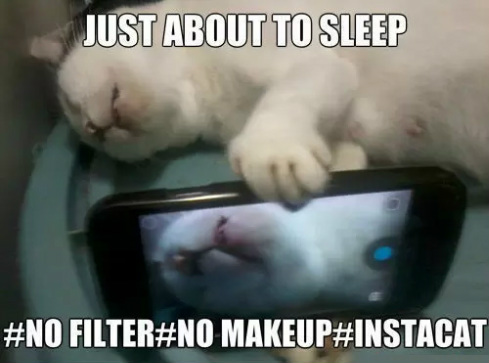

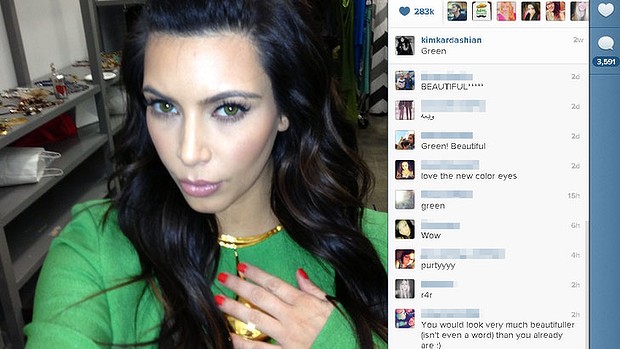
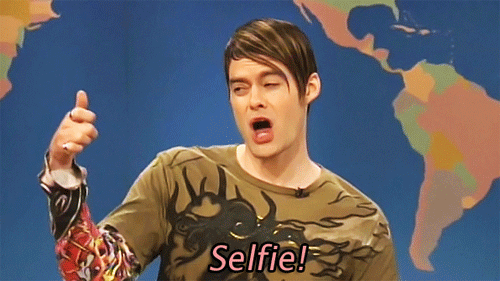
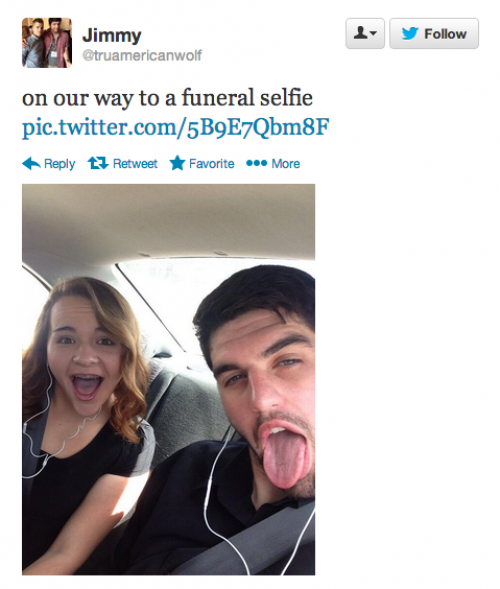
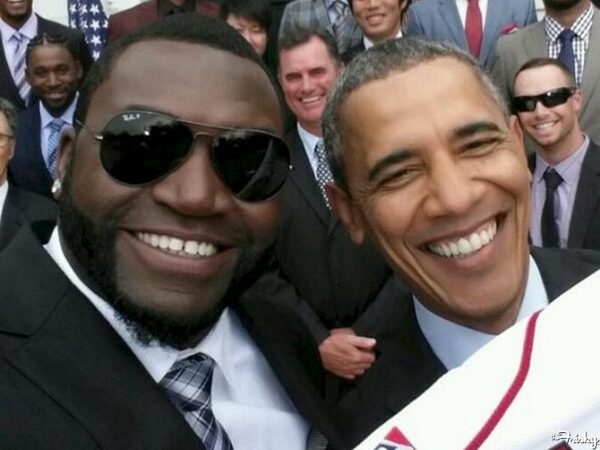
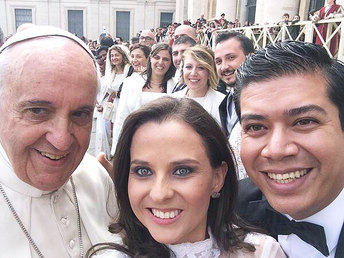

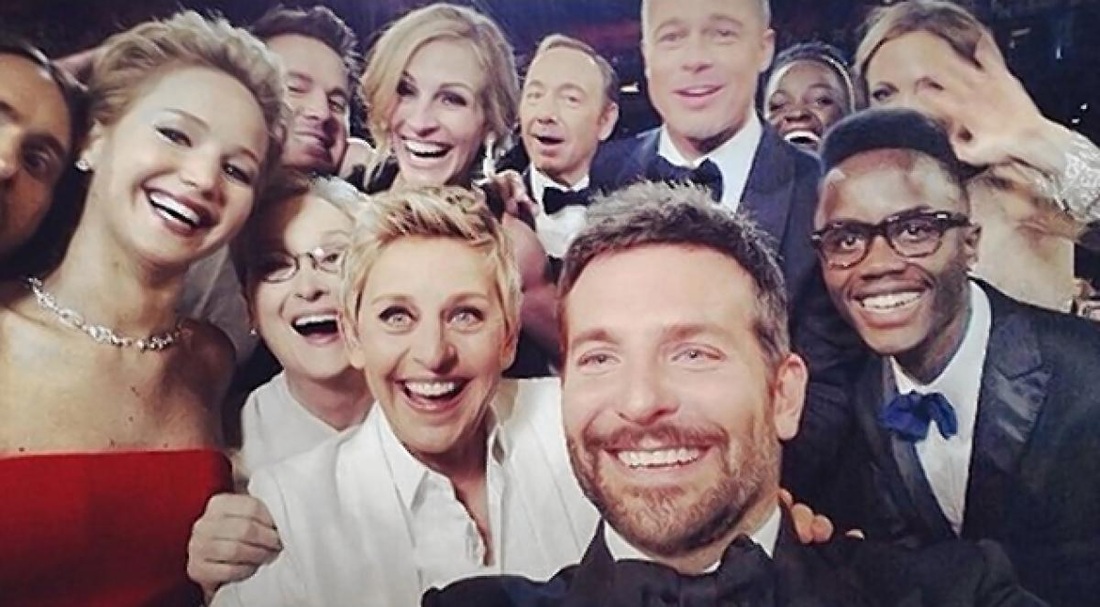
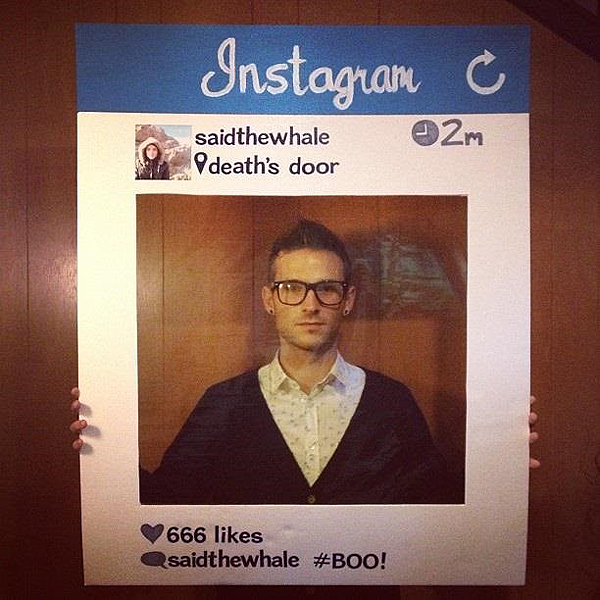
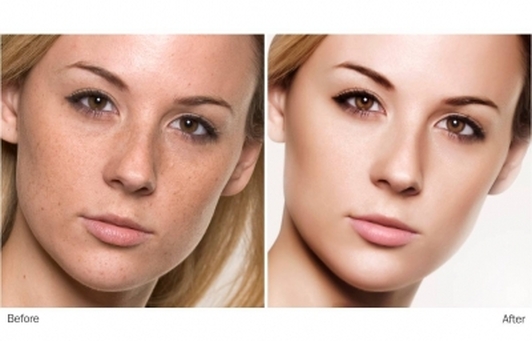
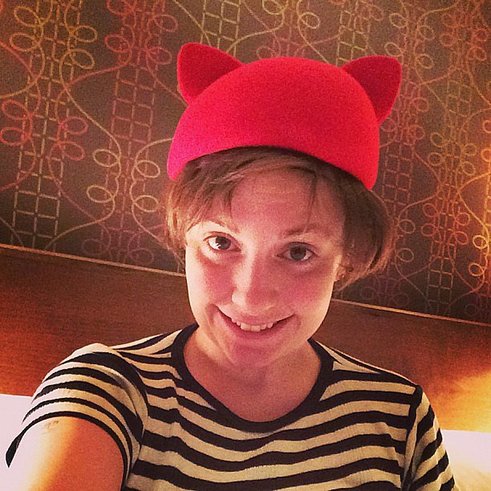
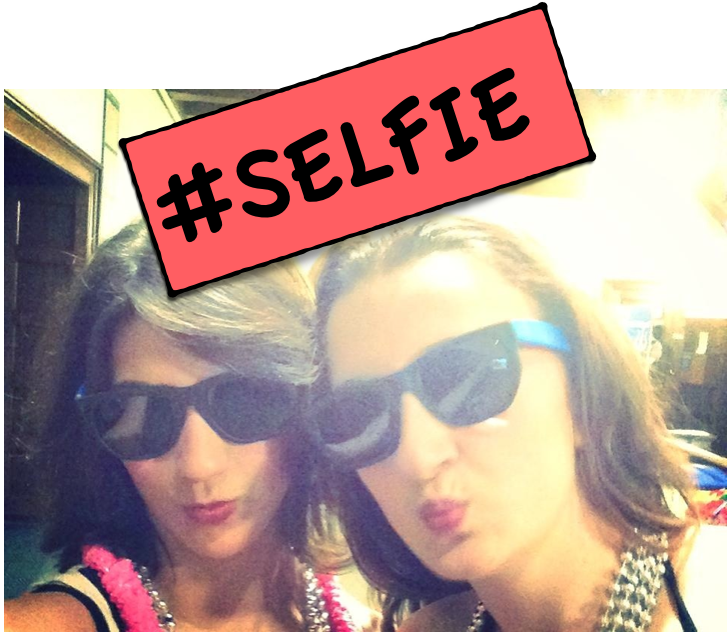
 RSS Feed
RSS Feed
